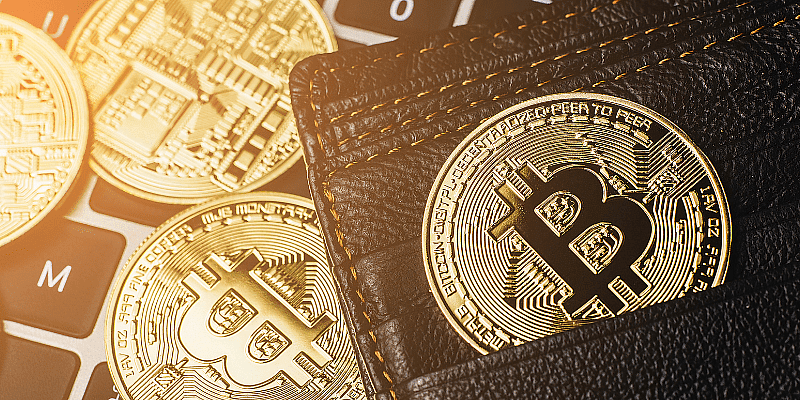If there is anything that is more contentious than the farm laws in India, it is the topic of legal status of cryptocurrency. The markets have been speculating government’s move for months now to decipher on which side of law do they stand.
The government of India has kept the speculations and uncertainty growing by indications of legalizing at one point of time and then indicating at betraying its word of honor.
The uncertainty around cryptocurrencies in India continues as the government is presently planning to propose a new bill in the parliament which will not only ban digital money but will also fine anyone trading in the country.
The penalty will also apply to the ones holding such digital assets. The bill, one of world’s strictest policies against crypto money, will directly impact Bitcoin, Dogecoin and other cryptocurrency investors as the new proposed law will criminalize possession, issuance, mining, trading and transferring crypto-assets.
The proposed measure in line has been adopted from January government agenda which had emphatically called for banning all private virtual currencies while building an authenticated, government regulated digital currency.
Sources revealed that the plan was to ban private crypto-assets while promoting blockchain technology which forms the backbone for virtual currencies. But recent government comments through union ministers like Anurag Thakur, where he maintained that government is open to revise its stand on new technology and cryptocurrency, had raised investors’ hopes that the authorities might go easier on the booming market. But the recent proposed law in line with January agenda cast a dark shadow on investor’s hopes and aspirations.
The law will make India the first major economy to make holding cryptocurrency illegal. Even China, which has banned mining and trading, does not penalize possession.
Sources reveal that investors will be given a window of six months to liquidate their assets before a penalty is levied on them. In India, reportedly over 7 million people are believed to have invested more than $1 billion in cryptocurrency.
The claims come at a time when Bitcoin has seen a fresh surge in price, all thanks to Elon Musk’s generous endorsement of the currency. World’s biggest cryptocurrency hit a record high of $60,000 on Saturday, nearly doubling in value this year as its acceptance for payments by Tesla.
Various other endorsements by other high-profile backers like Jack Dorsey also gave momentum to Bitcoin’s record high surge in market value.

At the India Today Conclave south, union Finance Minister Nirmala Sitharaman clarified that there will not be a blanket ban on cryptocurrency. The finance minister maintained that the government will not be shutting all windows for cryptocurrencies, or blockchain, and fintech as yet. Finance Minister maintained that “My view on this is that, of course, the Supreme Court has commented on cryptocurrency and while the RBI may take a call on official cryptocurrency, from our side, we are very clear that we are not shutting off all options,”.
“I can only give you this clue that we are not closing our minds, we are looking at ways in which experiments can happen in the digital world and cryptocurrency,” she told CNBC-TV18. “There will be a very calibrated position taken.”
“We don’t have a problem with technology. There’s no harm in harnessing the technology,” said an official, adding that the government’s moves would be “calibrated” in the extent of the penalties on those who did not liquidate crypto-assets within the law’s grace period.
A government panel in 2019 had recommended jail of up to 10 years on people who mine, generate, hold, sell, transfer, dispose of, issue or deal in cryptocurrencies.
The sources declined to comment on whether the new bill includes jail terms as well as fines, or offer further details but indicated that the discussions were in their final stages.
In March 2020, it was reported that India’s Supreme Court had struck down a 2018 order by RBI that forbade banks from dealing in cryptocurrencies, prompting investors to pile into the market.
The Reserve Bank of India voiced its concern again last month, citing what it said were risks to financial stability from cryptocurrencies. Shaktikanta Das too came forward to support the claims against the unstable cryptocurrency, citing that it can lead to high volatility in the market. At the same time, the central bank has been working on launching its own digital currency, a step the government’s bill will also encourage.

